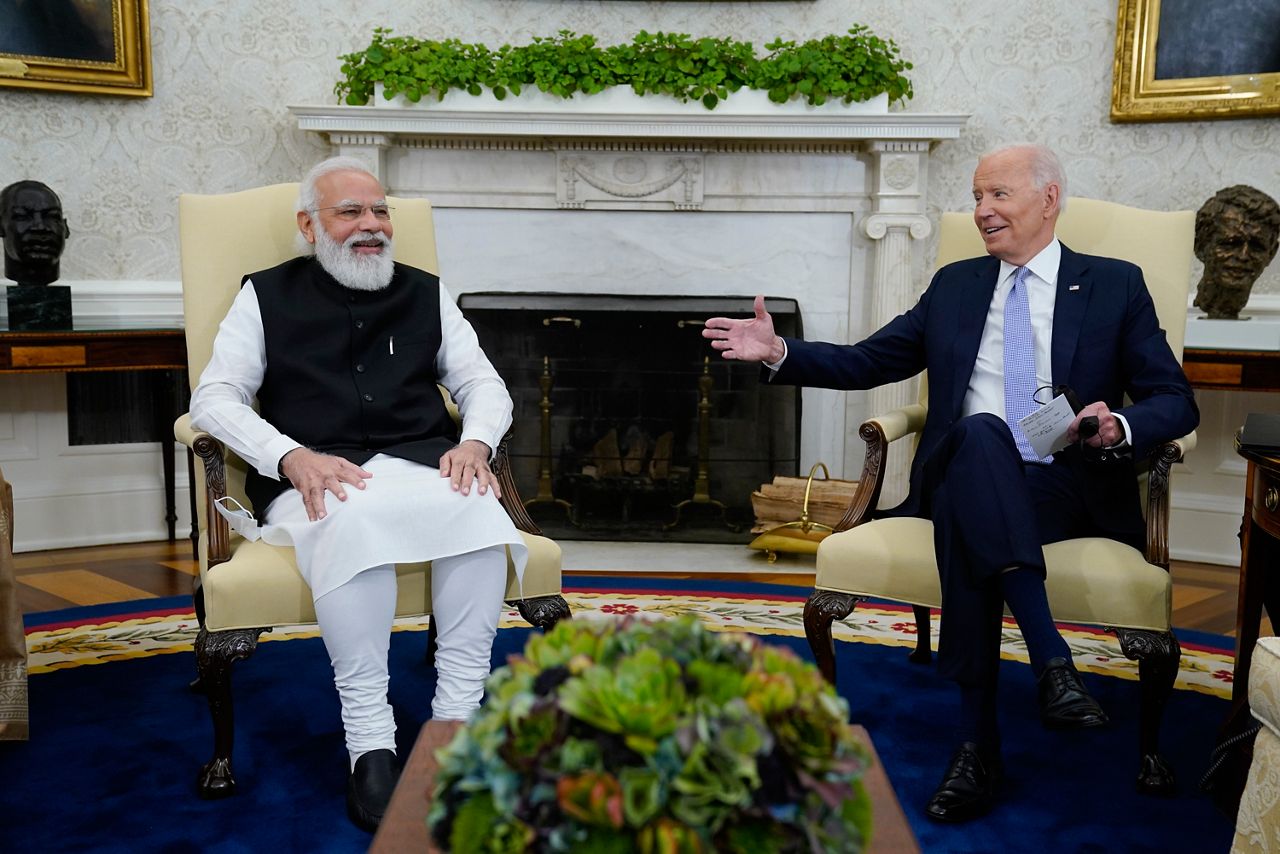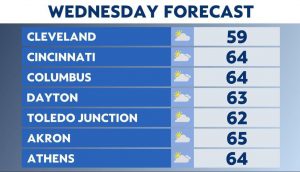EDGEWOOD, Ky. — A federal judge ruled in favor of St. Elizabeth Healthcare on Friday, saying that the northern Kentucky hospital system is allowed to require the COVID-19 vaccine for it’s over 10,000 employees.
What You Need To Know
- A federal judge has upheld a northern Kentucky hospital system’s vaccine mandate
- St. Elizabeth can require it’s over 10,000 employees to get vaccinated against COVID-19, U.S. District Judge David Bunning ruled Friday
- Bunning cited Jacobson v. Massachusetts, a 1905 U.S. Supreme Court ruling that upheld the state’s smallpox vaccination law at the time
- Bunning’s decision hinged on whether a private employer could “modify its employment conditions to require employees to be vaccinated” in response to the COVID-19 pandemic
St. Elizabeth employees are required to be fully vaccinated by Oct. 1, unless they get a medical or religious exemption approved.
In his 20-page decision, U.S. District Judge David Bunning cited Jacobson v. Massachusetts, a 1905 U.S. Supreme Court ruling that upheld the state’s smallpox vaccination law at the time.
“Actual liberty for all of us cannot exist where individual liberties override potential injury done to others,” he said. Bunning added that the group’s vaccine mandate is “substantially less restrictive” than the one at the center of Jacobson.
A handful of St. Elizabeth’s employees filed a lawsuit earlier this month hoping to reverse the requirements they be vaccinated for COVID-19.
Twenty-seven plaintiffs were named in the lawsuit against St. Elizabeth, the largest health care provider in Northern Kentucky. Attorneys for the employees hoped to block the requirement while the case was playing out.
Bunning said the employees and plaintiffs made clear they were suspicious about the efficacy and safety of COVID-19 vaccines, but that, “unfortunately, suspicions cannot override the law, which recognizes Defendants’ right to set conditions of employment.”
He also stressed that St. Elizabeth is a private entity, not a state actor, so claims of unconstitutionality aren’t applicable.
The central concept of Bunning’s decision hinged on whether a private employer could “modify its employment conditions to require employees to be vaccinated” in response to the COVID-19 pandemic.
He noted that St. Elizabeth employees agree to wear a certain uniform, arrive at a certain time and park their car in a certain spot. Bunning noted that the hospital system also requires all employees to receive a yearly flu vaccine, and has done so for five years.
“These are all conditions of employment, and ‘every employment includes limits on the worker’s behavior in exchange for his remuneration,'” he said, quoting Bridges v. Houston Methodist Hospital. “If an employee believes his or her individual liberties are more important than legally permissible conditions on his or her employment, that employee can and should choose to exercise another individual liberty, no less significant — the right to seek other employment.”




